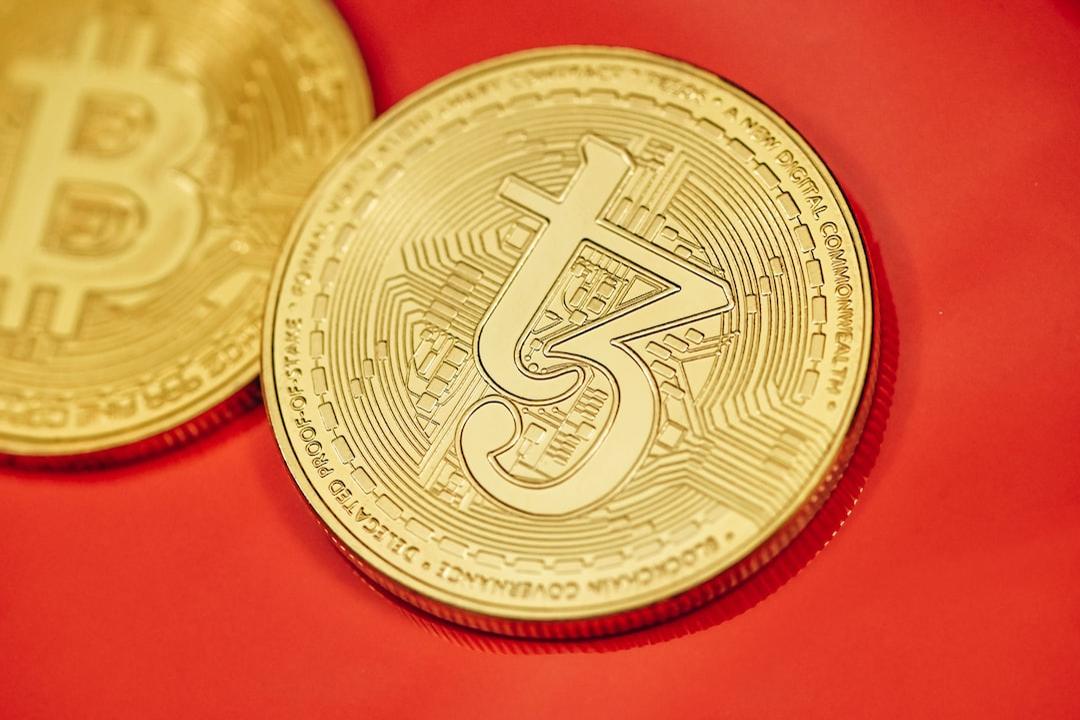Under the Context of China’s Economic Slowdown and Rising Fiscal Pressure, Local Governments Quietly Sell Seized Cryptocurrency to Fill Budget Gaps
Despite cryptocurrency trading still being illegal in mainland China, several local governments have been quietly selling seized cryptocurrencies to exchange for cash. This practice, assisted by companies, remains in a regulatory gray area, raising external concerns about transparency and corruption risks.
Local Governments’ Sale of Cryptocurrency Becomes an “Alternative Income”
According to a report by Reuters, although mainland China has comprehensively banned cryptocurrency trading and mining activities since 2021, local governments are actively converting seized cryptocurrency assets from illegal activities into cash to supplement local finances. This behavior navigates the legal boundaries, raising doubts about government operational transparency and inadequate oversight mechanisms. Especially under conditions of economic growth slowdown and reduced tax revenues, the sale of cryptocurrencies has become a “last resort” for some local financial departments.
Private Enterprises Collaborate Secretly, Over a Billion Yuan Quietly Exits
The report indicates that to avoid legal concerns, local governments commonly commission private enterprises to assist in the disposal of cryptocurrencies. For instance, Shenzhen’s tech company Jiafenxiang has represented multiple local governments in Jiangsu Province, including Xuzhou, Hua’an, and Taizhou, to handle seized cryptocurrency assets since 2018. It is said that it has helped sell cryptocurrencies worth over 3 billion yuan to date. Most of these assets are resold to overseas markets, and the proceeds, exchanged into yuan, are deposited into designated accounts of local financial bureaus. Although this operation is considered legal, the lack of external oversight and public auditing processes raises worries about potential corruption and asset loss.
China’s Severe Crackdown vs. Hong Kong’s Flexible Handling: A Stark Contrast
On the other hand, compared to the frequent actions of local governments, the central government’s stance on cryptocurrency control remains stringent. Within mainland China, individuals and enterprises are still prohibited from engaging in cryptocurrency trading and mining, while Hong Kong is moving towards openness, actively promoting the development of the cryptocurrency industry and establishing a trading license system, attempting to become Asia’s cryptocurrency financial center. This policy gap highlights the differing attitudes and governance models towards cryptocurrency both within and outside China.
China Remains the World’s Second-Largest Holder of Bitcoin
Data from BitcoinTreasuries shows that the Chinese government currently holds approximately 190,000 bitcoins, second only to the 198,000 held by the United States, making it the world’s second-largest holder of bitcoin. Although China’s official stance on cryptocurrency leans towards prohibition, the seized assets and national-level reserve figures indicate significant influence in the global cryptocurrency market. This also demonstrates the Chinese government’s pragmatic and even contradictory dual strategy between “banning” and “utilizing” cryptocurrencies.
The Disposal of Cryptocurrency Assets Becomes a Judicial and Financial Focus
In response to the expanding scale of seized assets, the judicial and financial handling of cryptocurrencies has become a central focus. Earlier this year, the Supreme People’s Court, along with several top universities, held a seminar in Beijing focusing on legal handling models for cryptocurrency assets. The People’s Bank of China also clearly mentioned in its Financial Stability Report released at the end of last year that it would strengthen cryptocurrency regulation and participate in the formulation of global regulatory rules, indicating that China is gradually transitioning from comprehensive crackdowns to institutionalized monitoring and governance.
Risk Warning
Investing in cryptocurrencies carries high risks, and their prices can be highly volatile, potentially resulting in the loss of your entire principal. Please assess the risks carefully.

